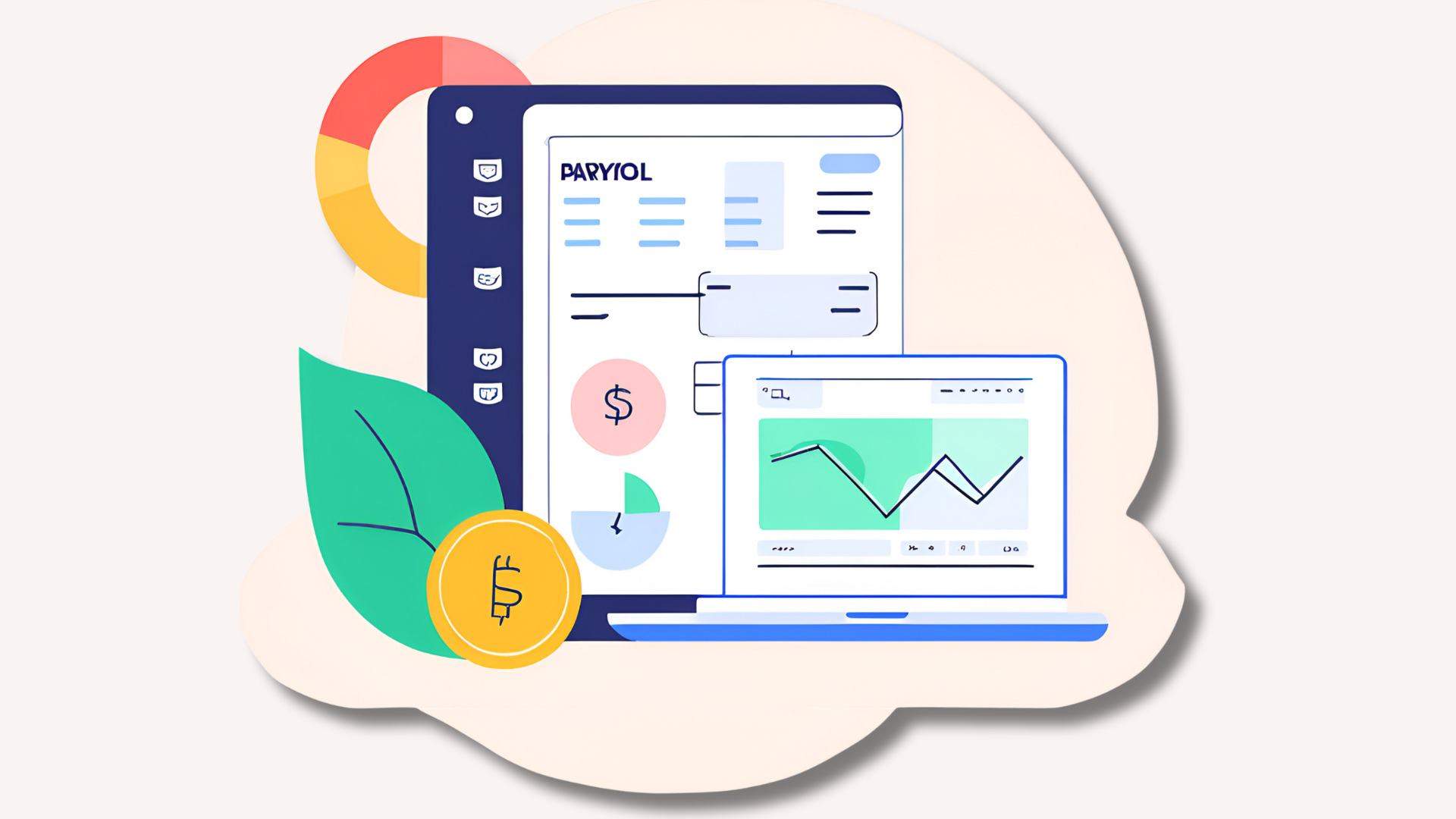As we move deeper into 2025, businesses like yours are experiencing a level of operational complexity that goes far beyond traditional payroll processing. Today, payroll isn’t just an administrative function. It affects employee satisfaction, financial accuracy, compliance exposure, and your overall operational agility. If you are still relying on outdated or disconnected systems, even minor inefficiencies can ripple across your entire organization.
This is exactly where integrated payroll services make a transformative difference. They connect HR, finance, attendance, workforce management, and compliance data into one seamless ecosystem—eliminating friction, enhancing accuracy, and future-proofing your operations.
Below is a deep dive into the top operational challenges businesses face in 2025 and how integrated payroll services solve them effortlessly.
1. Manual Payroll Errors & Inconsistent Data
Manual data entry remains one of the biggest causes of payroll errors, even in modern organizations. You might not notice these small inconsistencies immediately, but they compound quickly:
-
Incorrect employee details
-
Miscalculated working hours
-
Errors in overtime, bonuses, or deductions
-
Repetitive data entry across multiple systems
These issues can lead to delayed payouts and frustrated employees.
How Integrated Payroll Services Fix It
-
Real-time syncing eliminates duplicate entries.
-
Payroll calculations become standardized and automated.
-
HR, finance, and attendance systems update simultaneously.
-
Smart validations catch errors before processing begins.
Actionable Tip
Review your payroll data flow monthly to ensure all source systems follow a unified data structure—consistency prevents long-term operational roadblocks.
2. Increasing Compliance Complexities
Compliance in 2025 is more dynamic than ever. With evolving tax regulations, multi-state workforces, hybrid employment models, and frequent statutory updates, staying compliant manually is nearly impossible.
You face risks such as:
-
Penalties
-
Audits
-
Misfiled taxes
-
Incorrect statutory calculations
How Integrated Payroll Services Solve Compliance Challenges
-
Automated updates ensure your payroll remains aligned with current laws.
-
Standardized deduction rules reduce compliance discrepancies.
-
Regulatory reports are generated automatically.
-
Audit trails are stored digitally for quick reference.
Actionable Tip
Schedule quarterly compliance reviews within your payroll system to verify that deduction rules and tax tables match new regulations.
3. Delayed Payroll Cycles Affecting Employee Trust
In 2025, employees expect timely payouts. Even a one-day delay can damage trust, increase HR queries, and negatively impact the employee experience.
Delays typically occur due to:
-
Manual reconciliations
-
Missing attendance inputs
-
Multi-step approvals
-
Disconnected data sources
How Integrated Payroll Services Help You Avoid Delays
-
Payroll runs automatically based on predefined cycles.
-
Attendance and timesheets sync instantly.
-
Approval workflows operate in real-time.
-
Data consolidation minimizes bottlenecks.
Actionable Tip
Set automated reminders for approvals to eliminate last-minute processing delays.
4. Siloed HR, Finance & Workforce Data
Disjointed systems cause reporting inconsistencies, duplicated work, and limited workforce visibility. When HR, finance, and operations rely on separate tools, your decisions become reactive rather than strategic.
How Integration Eliminates Operational Silos
-
All departments work from a single source of truth.
-
Payroll becomes a connected function, not a standalone task.
-
Cross-functional collaboration improves immediately.
-
Workforce trends become more predictable.
Actionable Tip
Create standardized data formats across departments to ensure seamless cross-platform synchronization.
5. Scalability Issues During Workforce Growth
As your organization expands, your payroll requirements become more complex. More employees mean:
-
More attendance data
-
More shift variations
-
More compensation structures
-
More compliance obligations
Traditional payroll tools often break under this pressure.
How Integrated Payroll Services Support Growth
-
Automated workflows adjust dynamically for workforce size.
-
New employee records sync instantly across the system.
-
Multi-department approvals become seamless.
-
Compliance updates scale with workforce expansion.
Actionable Tip
Implement automated onboarding workflows so newly hired employee data flows directly into payroll without manual intervention.
6. Limited Reporting & Operational Intelligence
In 2025, data is a strategic asset. Yet, many organizations lack real-time insights into:
-
Salary distribution
-
Overtime trends
-
Absence patterns
-
Compliance liabilities
-
Department-wise cost breakdowns
If you make decisions without analytics, you risk inefficiencies.
How Integration Enhances Payroll Intelligence
-
Dashboards provide real-time insights.
-
Advanced reporting enables predictive analysis.
-
Leaders can identify payroll leakages quickly.
-
Workforce planning becomes more accurate.
Actionable Tip
Monitor your payroll dashboards weekly—small trends reveal big opportunities for cost optimization.
7. High Administrative Costs & Inefficiencies
Manual payroll management consumes hours of administrative time each month. Beyond the time spent, you also face hidden costs:
-
Resources spent fixing errors
-
Reconciliation expenses
-
Duplicate entries
-
Non-compliance penalties
How Integrated Payroll Services Reduce Costs
-
Repetitive tasks are automated.
-
Errors decrease significantly.
-
Fewer manual touchpoints reduce overhead.
-
Teams focus on strategy instead of transactional work.
Actionable Tip
Audit your payroll tasks quarterly and identify processes that can be automated—this creates immediate time savings.
Best Practices to Maximize the Value of Integrated Payroll Services
To get the most out of your payroll transformation, you should focus on the following:
1. Strengthen Data Hygiene
-
Validate employee data monthly.
-
Remove duplicate records.
-
Maintain standardized naming conventions.
2. Automate Wisely
-
Automate attendance syncing.
-
Automate payroll calculations.
-
Automate monthly and quarterly reports.
3. Promote Cross-Department Alignment
-
Train HR, finance, and operations on unified workflows.
-
Standardize approval matrices.
-
Create shared payroll policies.
4. Audit Regularly
-
Review payroll accuracy each cycle.
-
Conduct quarterly compliance checks.
-
Analyze payroll patterns for inefficiencies.
Conclusion
In 2025, payroll is no longer a back-office task—it is a strategic component of operational excellence. With rising compliance regulations, growing workforce complexities, and higher employee expectations, your organization needs a system that is fast, accurate, and intelligent.
By adopting integrated payroll services, you eliminate manual errors, streamline operations, strengthen compliance, and gain the clarity you need to make confident, data-driven decisions.
If you want to build a future-ready organization, payroll integration is no longer optional—it is essential.
